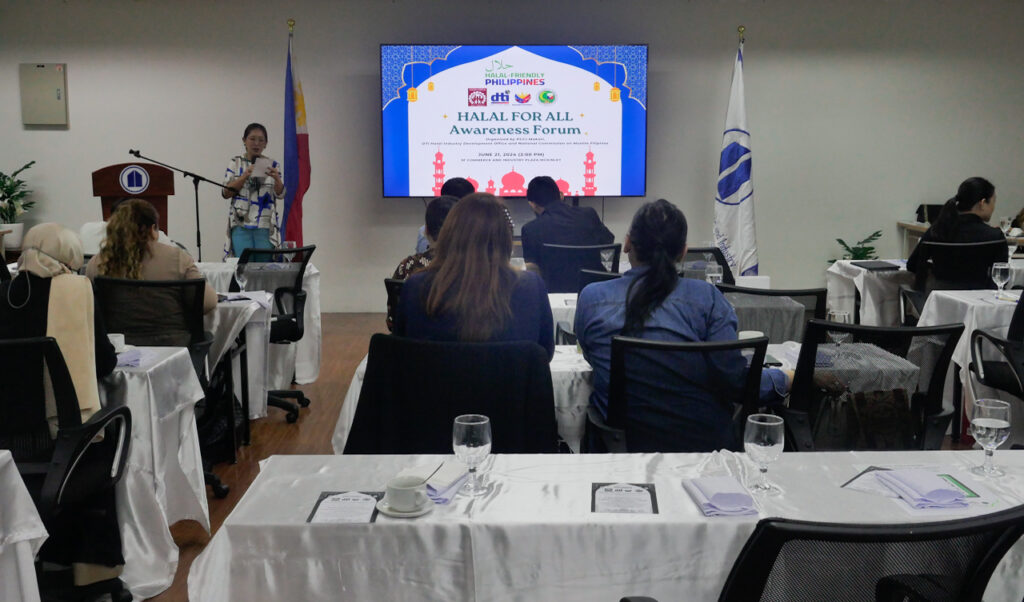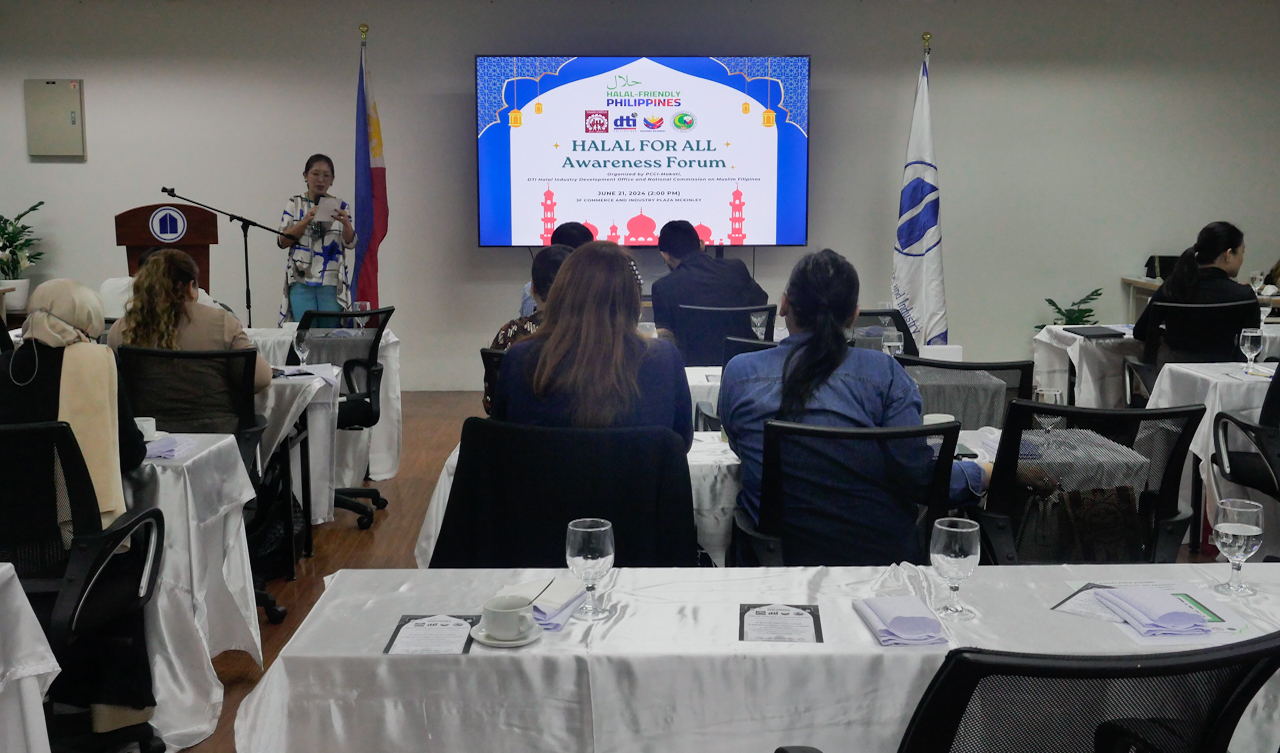The global Halal market is estimated to be worth trillions of dollars, and it is growing rapidly.

The Philippine Chamber on Commerce and Industry (PCCI) is working with the Department of Trade and Industry (DTI). This partnership is with the Halal Industry Development Office. They are also working with the National Commission on Muslim Filipinos. Together, they are launching a new initiative to accredit and certify businesses as Halal. This initiative will start in Makati City. It will eventually expand to other parts of the country. The expansion aims to tap into the growing global Halal market.
What is Halal?
Halal is an Arabic term meaning “permissible” or “lawful.” In the context of food and consumer products, it refers to products that follow Islamic law (Shariah). This includes guidelines for animal slaughter, food preparation, and the ingredients used in products. Halal products are not just for Muslim consumers. Non-Muslims also increasingly seek them for their high quality. They appreciate the ethical standards linked with Halal certification.
Benefits of Halal Certification
There are many potential benefits for businesses that become Halal-certified. These include:
Access to a larger market: The global Halal market is worth trillions of dollars. It is also growing rapidly. By becoming Halal-certified, businesses can tap into this vast market of potential customers.
Increased brand reputation: Halal certification can be seen as a sign of quality and ethical production. This can help businesses to build trust with consumers and improve their brand reputation.
Compliance with regulations: In some countries, there are regulations in place that need certain food products to be Halal-certified. By becoming certified, businesses can avoid any potential legal or regulatory issues.
The Philippines’ Strategic Direction for Halal
The Philippine government is committed to aligning businesses in the country into a premier Halal-friendly hub in Asia Pacific. The “Halal-friendly Philippines” campaign is a national initiative. It aims to promote the Philippines as a destination for Halal tourism. The campaign also targets Halal investment and trade. The government is also working to create a strong legal and institutional ecosystem for Halal in the Philippines. This involves developing standards for Halal certification. It also includes collaborating with state and private Halal certifiers that follow the Philippines’ Republic Act No. 9997 and 10817 with the 11439 Islamic Banking Act.
Embracing Halal for Economic Growth
The Philippines’ move towards Halal certification is a strategic step with potential benefits for both businesses and consumers. By becoming Halal-certified, businesses can access new markets, strengthen their brand image, and guarantee compliance with regulations. Government support for the Halal industry reflects its commitment to fostering economic growth and development. The strategy aims to generate 120,000 job opportunities. It seeks to double the economic output to 20% from local businesses. Additionally, it plans to attract ₱230 billion or US$4.14 billion, an ambitious target for 2028.




